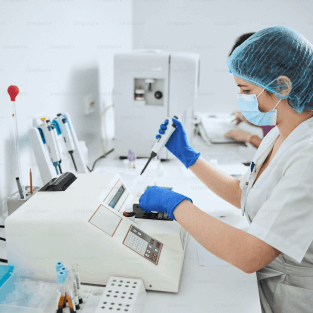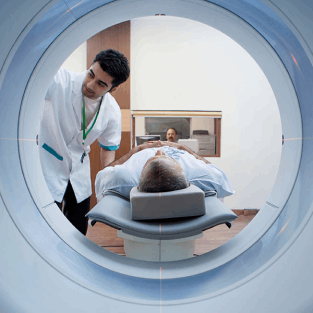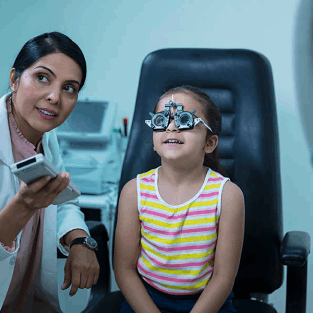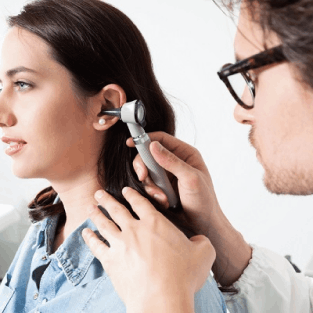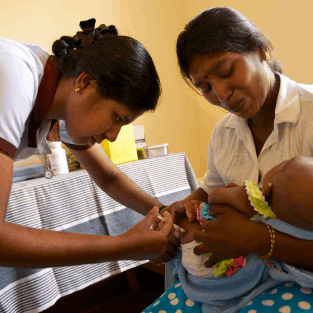Overview
Health checkups are essential components of preventive healthcare, offering individuals a comprehensive assessment of their overall health and well-being. These checkups involve a thorough evaluation of various aspects of health to detect any potential issues early on and to promote proactive management of health conditions. Vital signs, including heart rate, blood pressure, and temperature, are measured during health checkups to provide insight into cardiovascular health and overall physiological functioning. By monitoring vital signs, healthcare providers can identify abnormalities or risk factors that may require further evaluation or intervention.
Blood tests are integral to health checkups, allowing healthcare providers to assess various health parameters such as cholesterol levels, blood sugar levels, and organ function. These tests provide valuable information about an individual's metabolic health, liver and kidney function, and risk of developing chronic diseases such as diabetes and cardiovascular disease. Additionally, health checkups often include evaluations of body mass index (BMI), which calculates body fat based on height and weight. BMI assessments help identify individuals who may be at risk of obesity-related health conditions and guide recommendations for lifestyle modifications to promote healthy weight management.
Furthermore, health checkups incorporate screenings for various health concerns, including cancer, vision and hearing impairments, and bone density issues. Cancer screenings aim to detect early signs of cancer through tests such as mammograms, pap smears, and colonoscopies, enabling early intervention and treatment when necessary. Vision and hearing tests assess sensory function and identify potential issues that may require further evaluation or management. Bone density scans are used to measure bone strength and detect conditions like osteoporosis, allowing for early intervention to prevent fractures and bone-related complications. Additionally, health checkups facilitate discussions with healthcare providers to address any health concerns, receive personalized advice, and establish proactive measures to maintain or improve overall health and well-being. Through comprehensive assessments and personalized guidance, health checkups play a crucial role in promoting preventive healthcare and empowering individuals to take proactive steps towards optimal health outcomes.
- Overall Assessment
- Vital Signs
- Blood Tests
- Body Mass Index (BMI)
- Cancer Screening
- Vision Test
- Hearing Test
- Bone Density Scan
- Immunizations
- Discussion with Doctor


